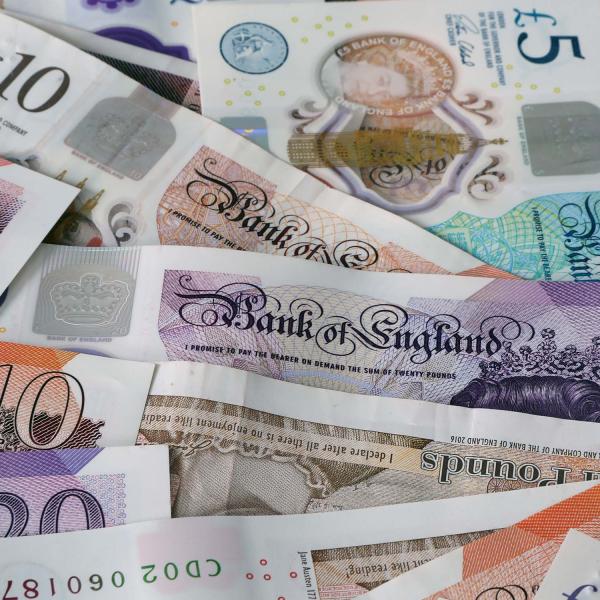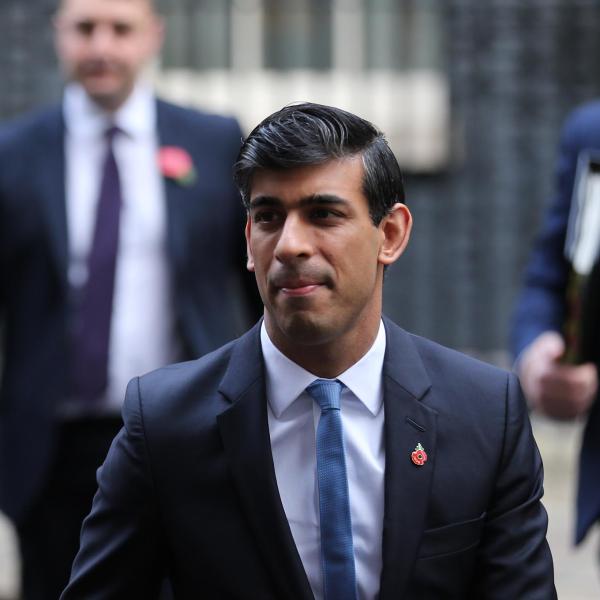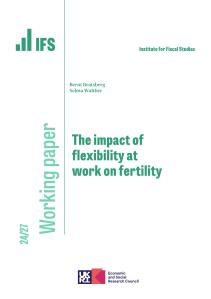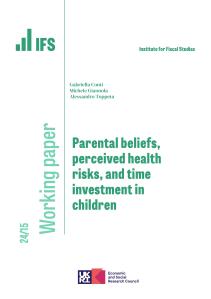The spread of COVID‐19 has led to sweeping changes in the way households work, spend their time and shop, resulting in different shopping patterns and rapid price changes in some goods. How will changes such as these be reflected in headline inflation measures such as the Consumer Prices Index (CPI)? This paper discusses problems in interpreting the CPI as a measure of how the cost of living is changing during the lockdown.
Authors

CPP Co-Director
Richard is Co-Director of the Centre for the Microeconomic Analysis of Public Policy (CPP) and Senior Research Fellow at IFS.

CPP Co-Director, IFS Research Director
Rachel is Research Director and Professor at the University of Manchester. She was made a Dame for services to economic policy and education in 2021.

Research Fellow University of Wisconsin
Martin, previously Deputy Research Director, is a Research Fellow at IFS and Professor of Economics at the University of Wisconsin.

Associate Director
Peter joined in 2009. He has published several papers on the microeconomics of household spending and labour supply decisions over the life-cycle.
Journal article details
- DOI
- 10.1111/1475-5890.12229
- Publisher
- Wiley
- Issue
- Volume 41, Issue 2, June 2020, pages 357-361
Suggested citation
Blundell, R et al. (2020). 'Could COVID‐19 infect the Consumer Prices Index?' , 41(2/2020), pp.357–361.
More from IFS
Understand this issue

Don’t cheer end of earnings squeeze: there is more pain to come
19 June 2023

The economic stories that will shape 2024
5 January 2024

The materials that shape our economy
13 September 2023
Policy analysis

Tax and public finances: the fundamentals
23 August 2023

Stubborn inflation puts PM's target in jeopardy
16 August 2023

How do the last five years measure up on levelling up?
19 June 2024
Academic research

The impact of flexibility at work on fertility
11 June 2024

The intergenerational elasticity of earnings: Exploring the mechanisms
3 June 2024

Parental beliefs, perceived health risks, and time investment in children
15 April 2024